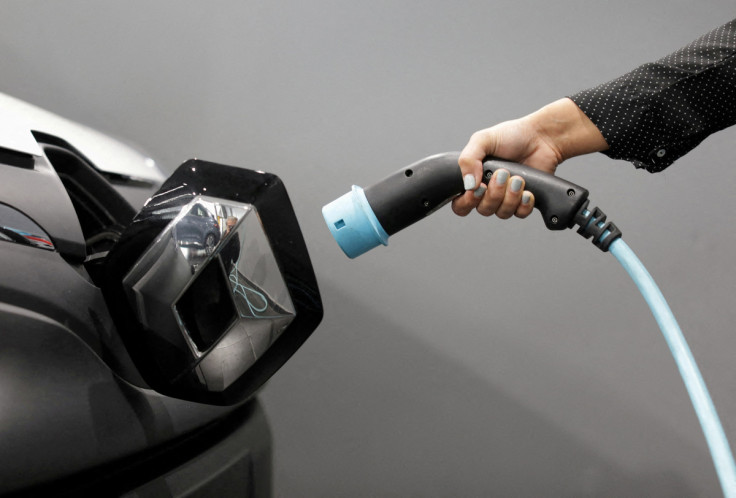South Africa's White Paper On Electric Vehicles Focuses On Sustainable Transition

South Africa has released a White Paper to outline a roadmap for Electric Vehicles (EVs) and create a structured policy for the automotive industry.
Ebrahim Patel, the minister of Trade and Industry of South Africa, said on Monday the White Paper was made with constructive engagement with stakeholders, including industry, labor and government officials to ensure it was a sustainable transition.
Speaking with media in Pretoria, the minister further explained the objective of the White Paper was to help South Africa transition the auto industry from Internal Combustion Engine (ICE) vehicles to dual platform vehicles, including EVs and ICE by 2035.
"This vision is aligned with the foundational objectives outlined in the SAAM, a strategic framework implemented from 2021 to shape the nation's automotive industry," he said, SA News reported, adding that it also aligned with the country's commitment to reduce greenhouse gases.
Patel emphasized there were various reasons behind this transition, noting that "foremost is the urgent need to reduce greenhouse gas emissions and combat climate change." He continued, "Additionally, we recognize the pivotal role the automotive industry plays in South Africa's economy, as a major employer and a driver of economic growth."
"This White Paper presents a comprehensive, coordinated approach to the transition to minimize the perils of an uncoordinated transition. It draws on extensive international and domestic research and consultations, spanning from 2019 to 2023."
Patel pointed out that decarbonization should not lead to de-industrialization, but, instead, should help the country grow by deepening the automotive value chain, fostering the growth of the local industry and ensuring the transition to EV was aligned with economic priorities.
He urged all the stakeholders to work collaboratively to make this challenging transition and transformation happen successfully and bring growth, sustainability and economic opportunities to South Africa. The country will be able to witness its first electric vehicle by 2026, as per Patel.
Minister in the Presidency, Khumbudzo Ntshavheni, supported the expansion of new and existing automobile manufacturing plants last week to back the production of electric vehicles within the country.
According to Ntshavheni, the automobile industry plays a critical role in the economic growth of South Africa and provides jobs to thousands of people. "The country is also endowed with mineral resources that position it to become a key and strategic player in EV value chains."
© Copyright 2026 IBTimes ZA. All rights reserved.





















